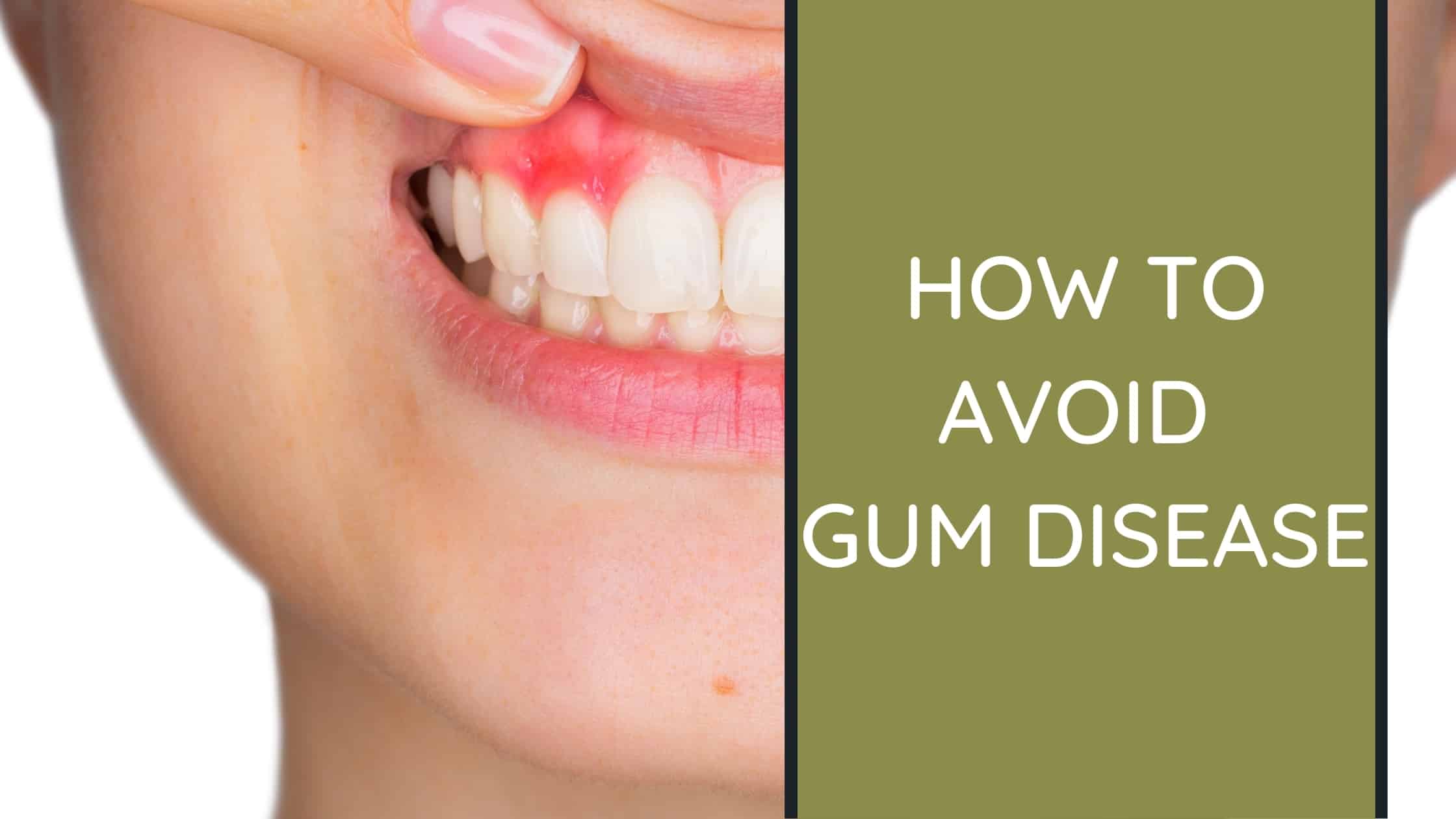
47% of adults aged 30+ have some form of periodontal disease. When gum disease is this common, it might not seem like such an issue. But, the reality is that gum disease can affect everyone differently and can lead to profound health implications when left untreated.
Spotting Gum Disease
Gum disease isn’t tough to notice. It can give you bad breath, sore or swollen gums, redness around your gums, and you could even see blood when you brush.
These are all signs of gum disease. Gum disease is commonly known as gingivitis. That’s because your gums are technically called the gingiva. Gingivitis is the term given to common gum disease but can develop into full-blown periodontal disease when left untreated.
Periodontal disease is the term given to severe gum disease and requires more attention than common gum disease. When you leave periodontal disease untreated, it can lead to other health problems like heart disease, risk of stroke and even some cancers.
Avoiding Gum Disease
Although many of us do get gum disease at some point in our lives, we can take steps to avoid the first signs of gingivitis.
Don’t Skip Hygiene Appointments
Hygienists are often overlooked, but a simple 30-minute appointment could be the difference between bad breath and a bright, healthy smile. At a hygiene appointment, you can expect to have your smile thoroughly assess and monitored for any signs of gum disease as well as other things like cavities and decay.
Hygienists are specifically trained to spot potential risks to your oral health, and you don’t need a referral from your dentist to see one. Once they’ve checked for signs and symptoms of any issues, the hygienist will clean and polish your smile, giving a healthy glow so you can leave your appointment feeling fresh.
Use a Soft Bristled Brush
Using a brush that’s too hard could damage your gums. It might sound obvious, but not enough people realise that using a soft or super-soft bristled brush can have just as much impact on your smile as a harder one can.
Go easy on your gums and use a soft-bristled brush to clean your teeth. By doing this, you’ll also lessen the chances of getting sore gums or damaging the surface of your gums to let in bacteria which could cause infection.
Floss Daily
Like hygiene appointments, flossing is often overlooked. When you floss, you’re not just removing plaque or bits of food from between your teeth. You’re protecting your gums from future risk of gingivitis.
Plaque and bacteria can build up when you don’t floss. That plaque and bacteria can work it’s way into the structure of your gums and can cause them to recede and get sore. This, in turn, could require some potentially expensive rescue treatment to bring your gums back to full health.
Get Help With Your Gums
If you think you’re starting to see signs of gum disease or want a check-up with a dentist or hygienist, look no further than Woodborough House.
Here at Woodborough House, we have a dedicated team of hygienists who will treat your smile and make sure it’s brighter than it’s ever been before. Call Woodborough House today.
You’ve Waited Long Enough
Get in touch with us to learn about award-winning, specialist-led cosmetic, restorative and general services at Reading’s home of slow dentistry.
Get in touch
